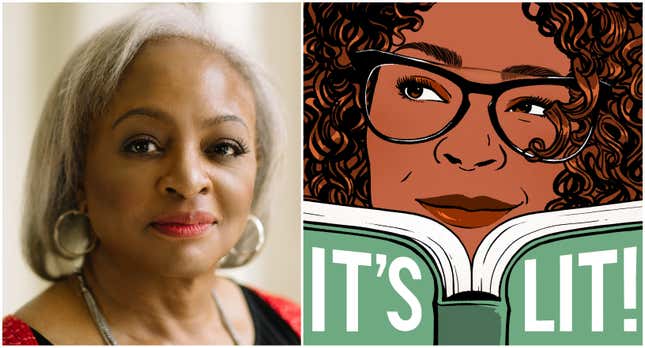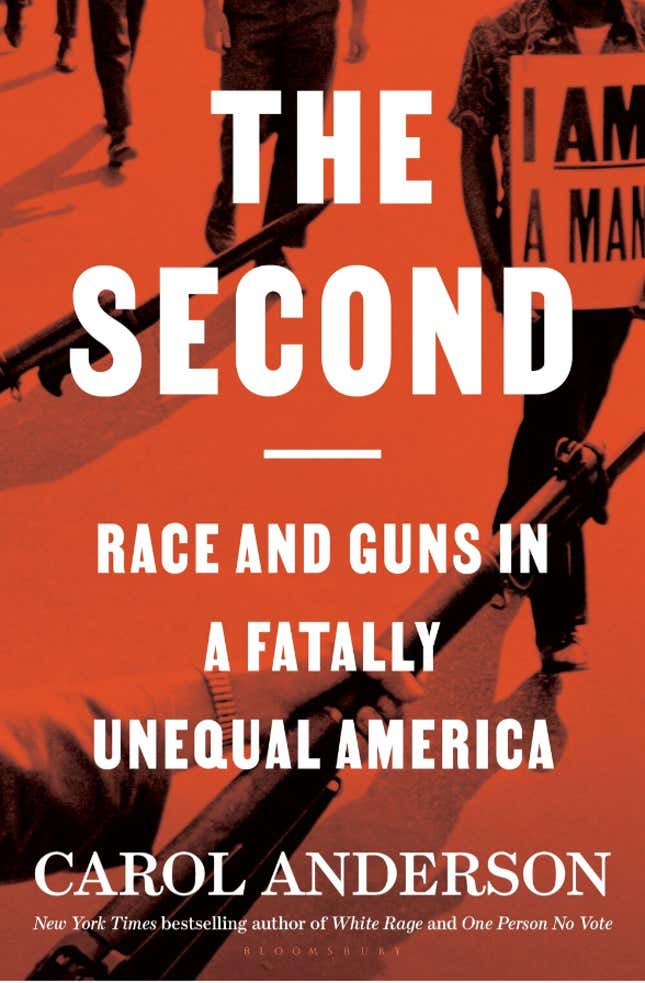
Years before protesters across the world took to the streets in defense of an unarmed George Floyd’s right to life while in the custody of Minneapolis police, the 2016 police shooting of fellow Minnesotan Philando Castile highlighted the callousness of another American double-standard. While each was a Black man killed by police whose death was filmed in progress for the world to watch in horror, Castile’s shooting, which took place seconds after he alerted Officer Jeronimo Yanez of the presence of his licensed firearm, begged a question central to one of the most hotly debated amendments to the Constitution: Don’t Black people have Second Amendment rights?
This is the question that set historian and Emory University’s Charles Howard Candler Professor of African American Studies Carol Anderson on the path to her latest book, The Second: Race and Guns in a Fatally Unequal America. While making neither a pro- nor an anti-gun argument, as the bestselling author of White Rage: The Unspoken Truth of Our Nation’s Divide passionately explains during this week’s episode of The Root Presents: It’s Lit!, the Second Amendment is yet another aspect of structural inequality encoded into the policies of the United States; one intended to exclude Black people in particular.

“[Y]ou have a black man who was killed simply for possessing a license to carry a gun. And the NRA goes virtually silent, “ Anderson recalls. “And this is the same NRA that just went ballistic at Ruby Ridge and and Waco, so ballistic that they were calling federal law enforcement jackbooted government thugs and and so ballistic that it caused George Herbert Walker Bush to cancel his membership in the NRA. And they go silent when a Black man is killed simply for having a gun. And it had journalists asking, well, don’t black people have Second Amendment rights? And I went, oh, that is a great question. And that’s as a historian. That’s what sent me on this hunt all the way back to the 17th century.
“As I trace this over time, what I saw was that it didn’t matter what the legal status of black folks were,” Anderson further explains. “enslaved, free black denizen—which is that in between land, between being a citizen and enslaved—emancipated freed people, Jim Crow Black or post-civil rights African-American. That legal status did not change how the Second Amendment did not apply to them in the ways that we understand it, but instead how it was designed to eviscerate black people’s rights. It was predicated on anti-Blackness. And so when it comes to the right to bear arms for black people, that is a really highly problematic component because Blackness is already the default threat in American society. So black people with guns creates an exponential fear in the white community.”
Hear more from the brilliant Carol Anderson in Episode 42 of The Root Presents: It’s Lit!: Carol Anderson and the Fatal Inequality of The Second Amendment, available on Apple, Spotify, Stitcher, iHeart Radio, Google Podcasts, Amazon, NPR One, TuneIn, and Radio Public.

